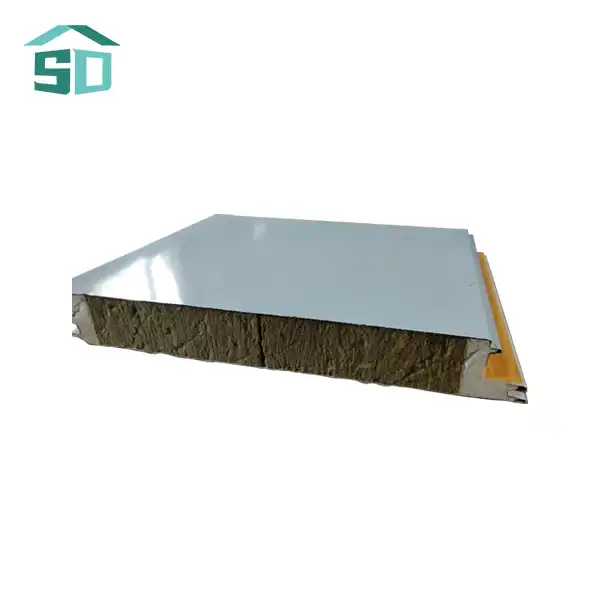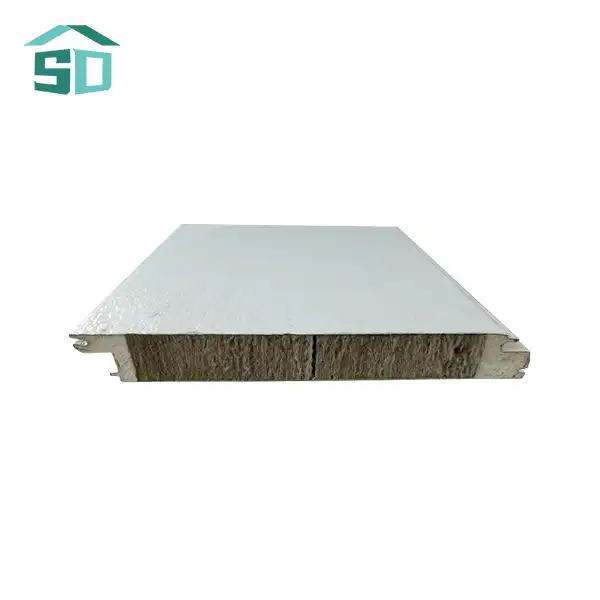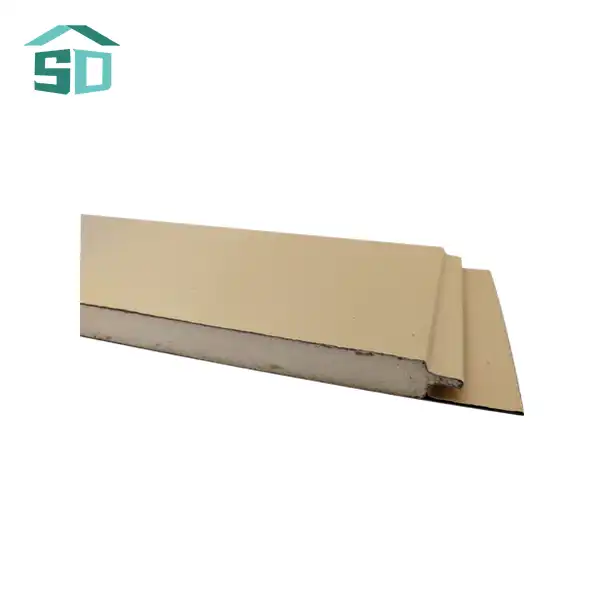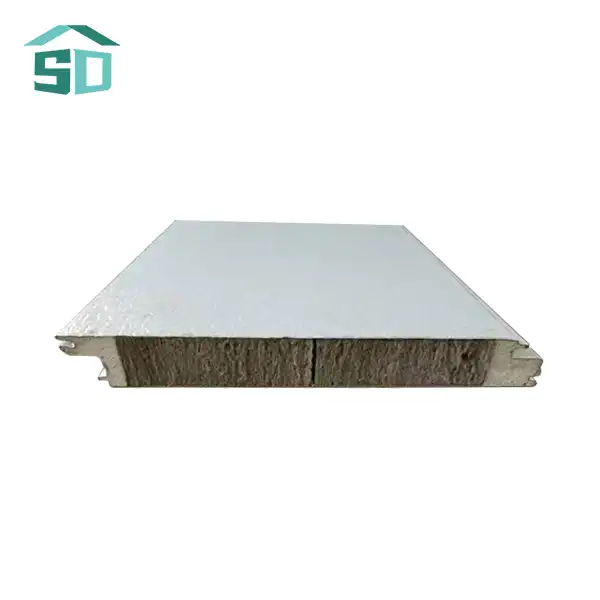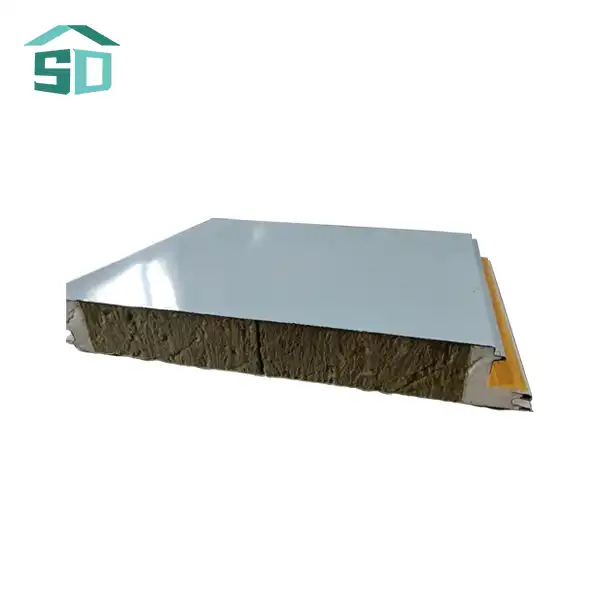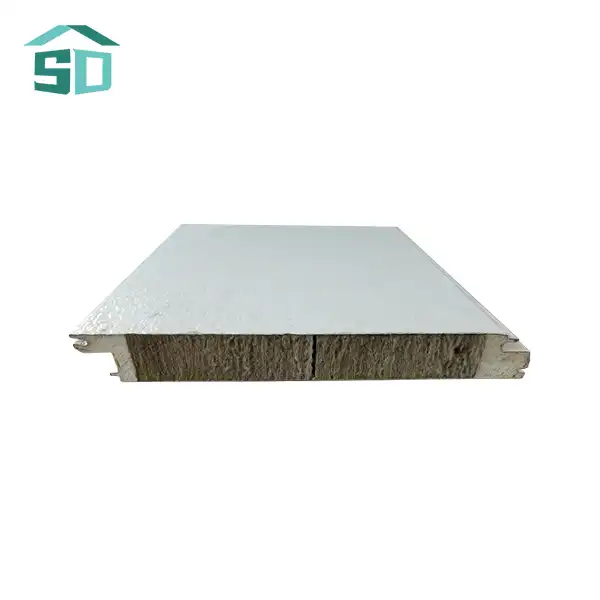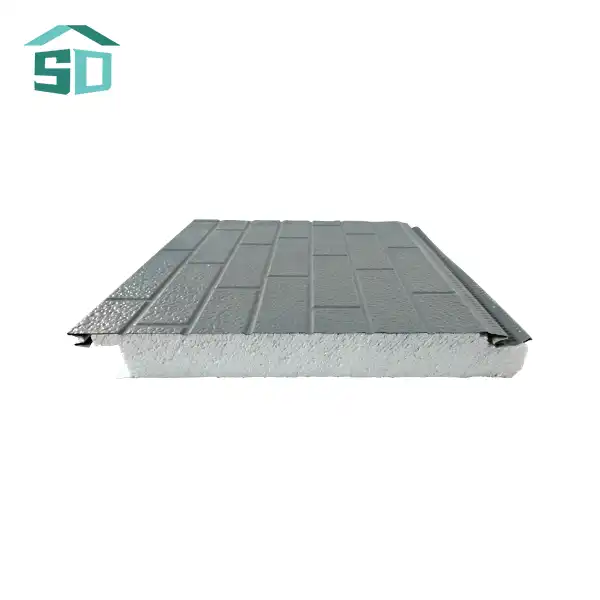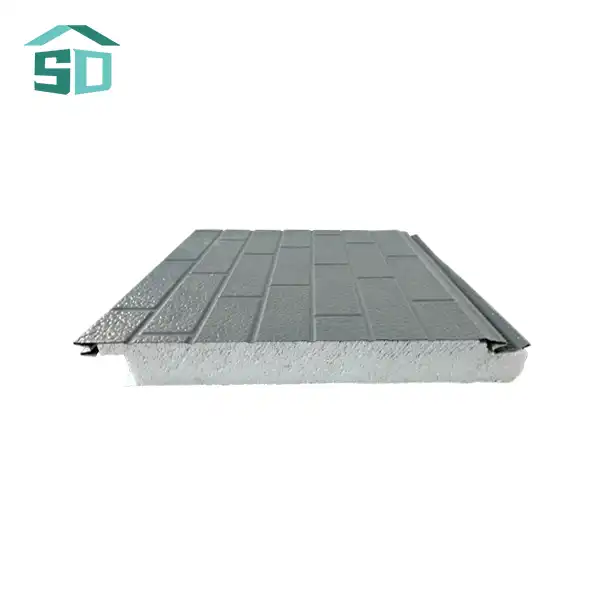Unparalleled Durability: The Cornerstone of Fibreglass Sandwich Panels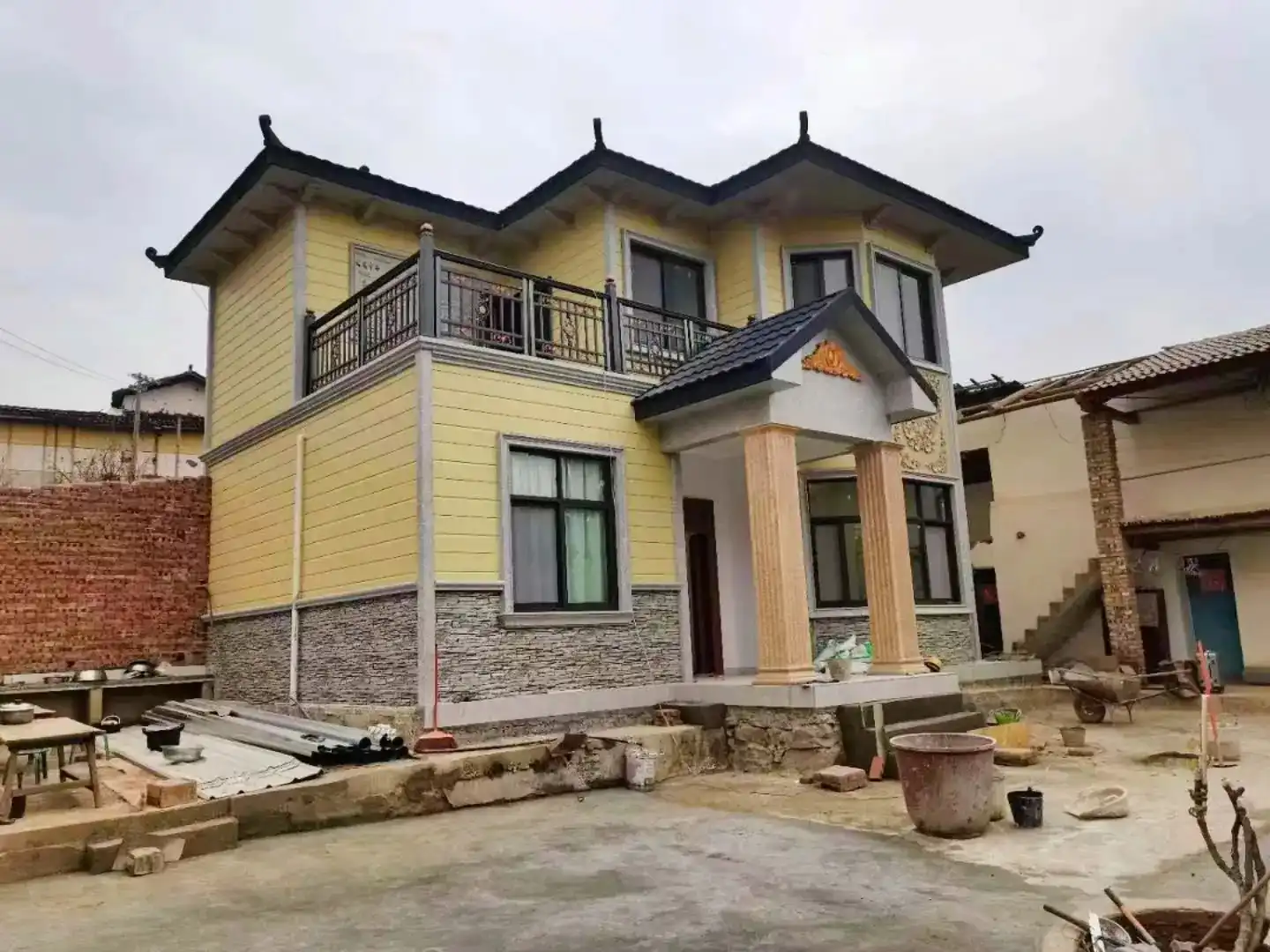
When it comes to construction materials, durability is paramount. Fibreglass sandwich panels excel in this aspect, offering a level of resilience that surpasses many traditional building materials. The robust nature of these panels stems from their unique composition, which combines the strength of fibreglass with the stability of an insulating core.
Long-Term Performance in Challenging Environments
One of the most notable features of fibreglass sandwich panels is their ability to withstand harsh environmental conditions. Unlike some materials that may deteriorate over time when exposed to moisture, UV radiation, or extreme temperatures, fibreglass panels maintain their structural integrity and appearance for years. This longevity translates to reduced maintenance costs and fewer replacements over the lifetime of a building.
Corrosion-Resistant Properties
The inherent corrosion resistance of fibreglass is a significant advantage, especially in coastal or industrial areas where exposure to salt air or chemicals can rapidly degrade other materials. This property ensures that buildings constructed with fibreglass sandwich panels retain their aesthetic appeal and structural soundness, even in the most challenging environments.
Impact Resistance and Structural Integrity
Fibreglass sandwich panels boast impressive impact resistance, providing an extra layer of protection against potential damage from debris, hail, or accidental impacts. This characteristic not only enhances the safety of the building but also contributes to the overall longevity of the structure. The panels' ability to absorb and distribute impact forces helps maintain the building's structural integrity over time.
Thermal Efficiency: A Key Advantage of Fibreglass Sandwich Panels
In an era where energy efficiency is increasingly crucial, the thermal insulation properties of fibreglass sandwich panels stand out as a significant advantage. These panels are designed to create an effective thermal barrier, contributing to substantial energy savings and improved comfort within buildings.
Superior Insulation Core Options
The insulation core of fibreglass sandwich panels plays a pivotal role in their thermal performance. Manufacturers offer a range of core materials, including polyurethane (PU), polystyrene (EPS), rock wool, and glass wool. Each option provides different levels of thermal conductivity, typically ranging from 0.022 to 0.045 W/m·K. This variety allows architects and builders to select the most appropriate insulation for specific climate conditions and energy efficiency goals.
Year-Round Energy Savings
The exceptional insulation properties of fibreglass sandwich panels contribute to significant energy savings throughout the year. In winter, they help retain heat within the building, reducing the load on heating systems. Conversely, during summer months, these panels effectively block external heat, minimizing the need for air conditioning. This dual benefit not only leads to lower energy bills but also reduces the overall carbon footprint of the building.
Customizable Thickness for Optimal Performance
Fibreglass sandwich panels offer flexibility in terms of thickness, with standard options including 50mm, 75mm, and 100mm. Furthermore, customizable thicknesses are available to meet specific insulation requirements. This adaptability ensures that buildings can achieve optimal thermal performance regardless of their location or intended use.
Fire Safety: Enhanced Protection with Fibreglass Sandwich Panels
Fire safety is a critical consideration in building design and construction. Fibreglass sandwich panels offer inherent fire-retardant properties, contributing significantly to the overall safety of structures and their occupants.
Class A and B Fire Resistance Ratings
Fibreglass sandwich panels are engineered to meet stringent fire safety standards, typically achieving Class A or B fire resistance ratings. These classifications indicate the panels' ability to resist flame spread and smoke development, crucial factors in slowing the progression of fires and allowing more time for evacuation in emergency situations.
Self-Extinguishing Properties
Many fibreglass sandwich panels are designed with self-extinguishing properties. This means that even if exposed to a flame source, the panels will not continue to burn once the source is removed. This characteristic significantly reduces the risk of fire propagation within a building.
Compliance with Building Codes and Regulations
The fire-retardant properties of fibreglass sandwich panels often help buildings meet or exceed local and international building codes and regulations related to fire safety. This compliance can streamline the approval process for construction projects and provide peace of mind to building owners and occupants alike.
Conclusion
Fibreglass sandwich panels offer a trifecta of advantages that make them an excellent choice for modern construction projects. Their unparalleled durability ensures long-term performance and reduced maintenance costs. The superior thermal efficiency contributes to significant energy savings and improved comfort. Lastly, the enhanced fire safety features provide crucial protection for buildings and their occupants. These combined benefits make fibreglass sandwich panels a versatile and reliable solution for a wide range of architectural applications, from residential complexes to commercial buildings and industrial facilities.
For those interested in exploring the potential of fibreglass sandwich panels for their next construction project, Weifang Sandong Building Materials Co., Ltd. offers expert guidance and high-quality products. To learn more about our exterior cladding and facade solutions, including our range of fibreglass sandwich panels, please contact us at info@sdqsc.com. Our team is dedicated to providing unparalleled service and the world's finest cladding products to enhance your building's performance, safety, and aesthetic appeal.
